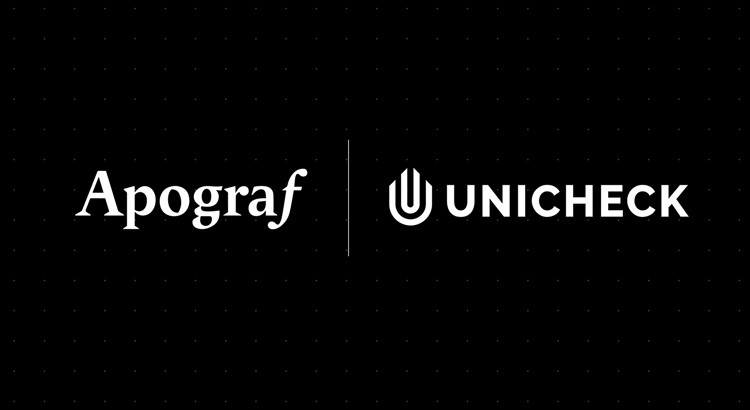China - Not The US - Is Now The Global Leader In Science & Tech
The United States and its Western neighbors are gradually losing ground to China in the race to develop advanced technologies and attract top talent.
Send us a link
The United States and its Western neighbors are gradually losing ground to China in the race to develop advanced technologies and attract top talent.
The recent nature issue publishes findings from leading researchers on an urgent quest for a vaccine against SARS-Cov-2. Here ist how the cover image was created, drawing on aspects of Bauhaus artist Paul Klee’s famous notebooks to reimagine the quest for a vaccine against SARS-CoV-2.
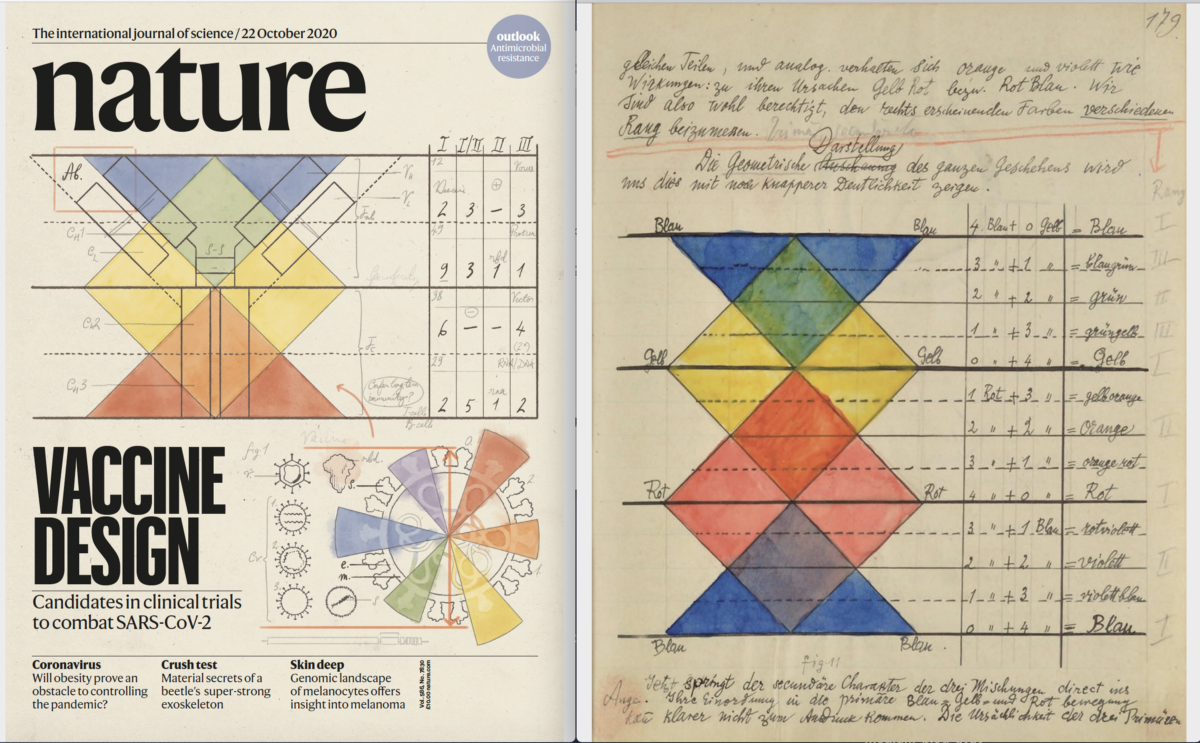
With a poor return of value, and a huge overhead for research, patents are a bad investment for the academy, this article argues.

The value of open and interoperable metadata of scientific articles is increasingly being recognized, as demonstrated by the work of several organizations, funding agencies, and initiatives.
23 New Grants Support Essential Open Source Tools in Biomedicine.
Data sharing has not changed, but the pandemic highlights not only how important data sharing is (like other crises have, for instance, the climate crisis) but how it spotlights larger issues in our data sharing social and technical infrastructure.
No model whose purpose is to study the overall benefits of mitigations should end at a time-point before a steady-state is reached.
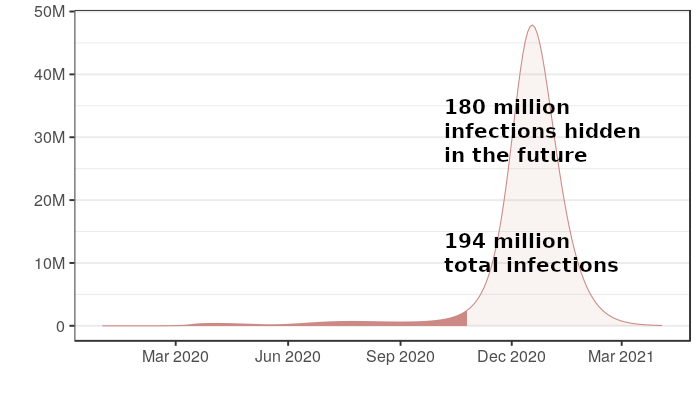
Admitting scientific errors is hard. It's also important.

What the Next 18 Months Can Look Like, if Leaders Buy Us Time
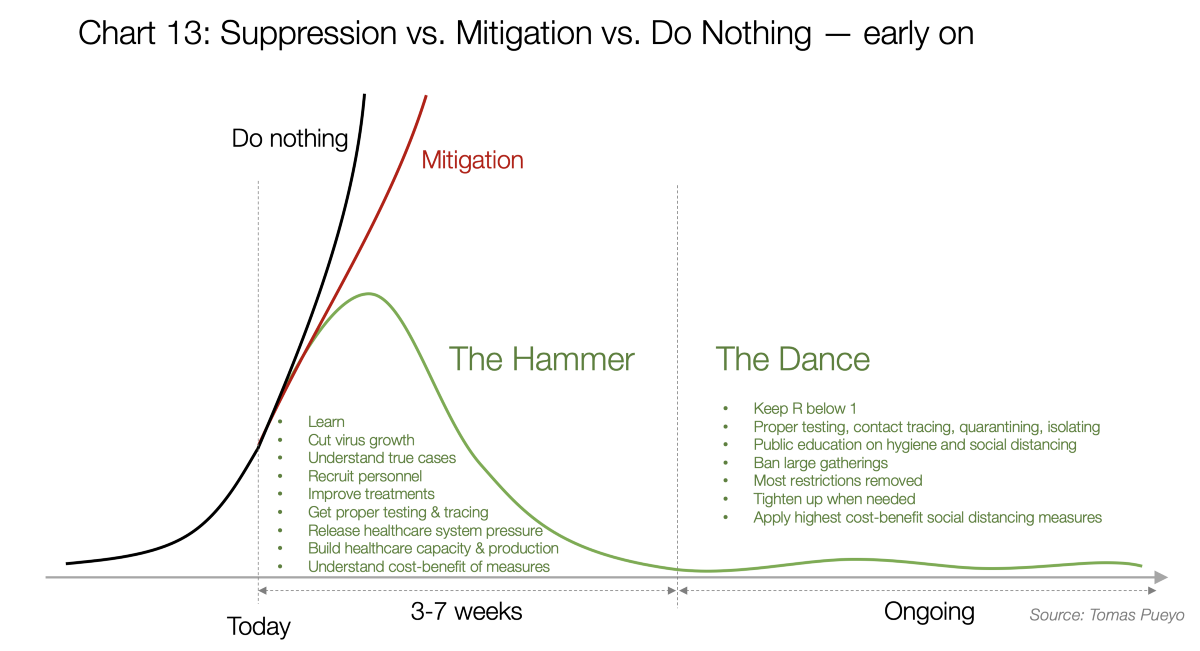
Women have made significant contributions to the field of science, but often their invaluable advances have been minimized or ignored.

Preprints, or versions of manuscripts posted online by authors ahead of peer review, are seeing a strong increase in adoption and recognition among many communities in the biomedical sciences.
In a recent letter to the White House, a group of corporate publishers and scholarly organizations implore the president to leave intact…

It's been almost 60 years since President Kennedy called on Americans to enter public service. Scientists are heeding that call.
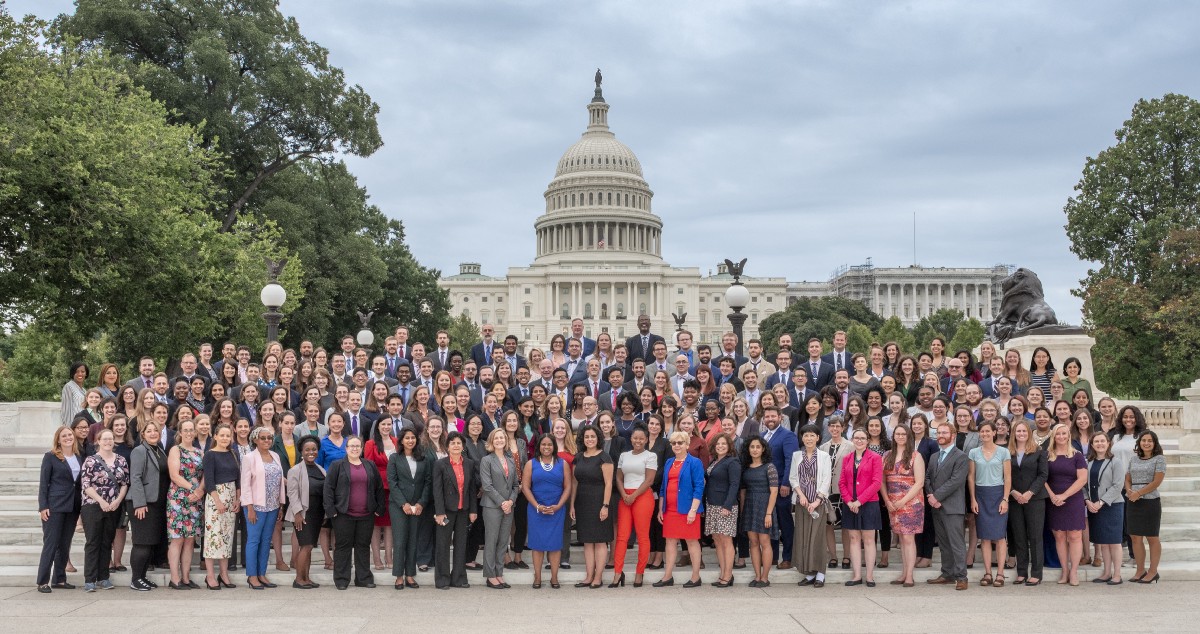
Nothing burdens the heart of a journal editor more than rejecting an article. Partly, this is because you know you're giving someone…
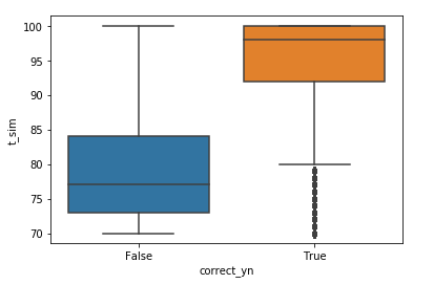
Open Access (OA) publishing has a long history, going back to the early 1990s, and was born with the explicit intention of improving…
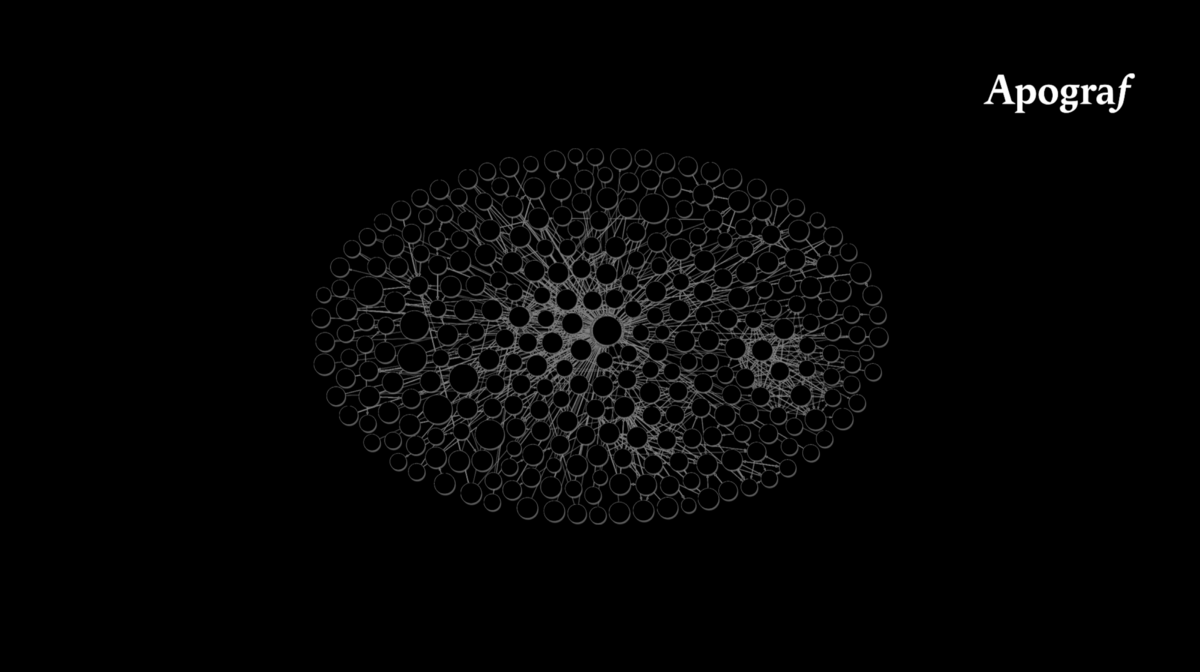
MCAA and Eurodoc call on research institutions, funding bodies and governments to ensure sustainable researcher careers in a joint declaration.

The recent fashion for “transformative” Read-and-Publish agreements - are they really what’s needed to deliver affordable open access? An opinion piece.

The world's first and longest-running scientific journal, Philosophical Transactions of the Royal Society began publishing in 1665, and it…
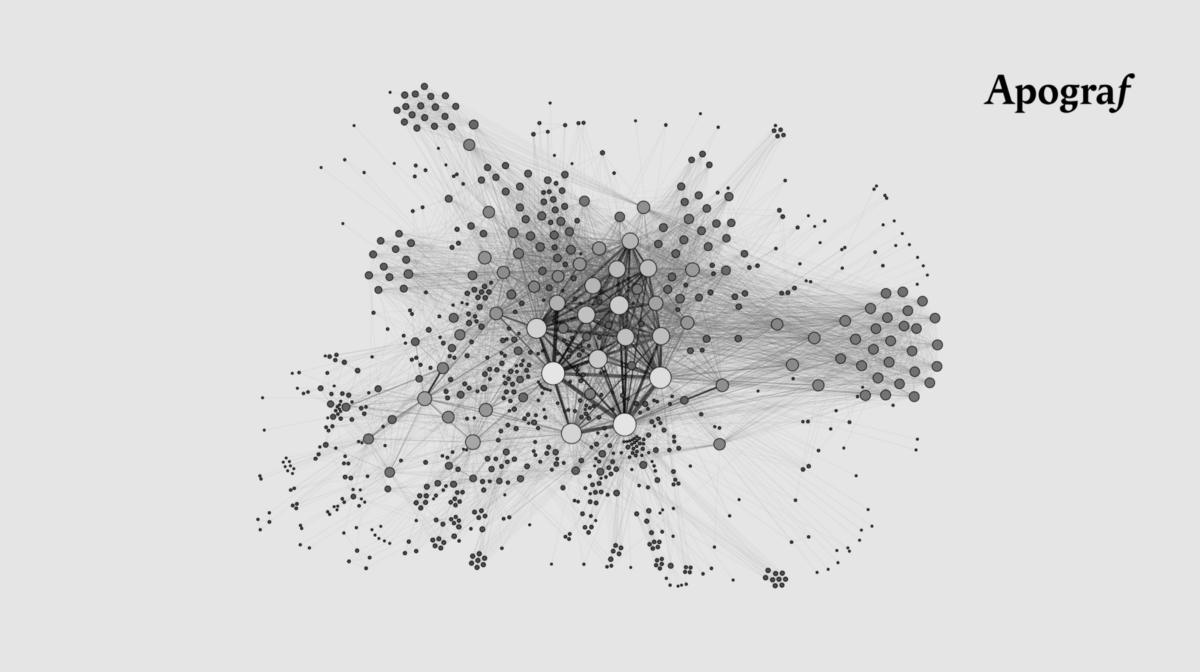
The Chan Zuckerberg Initiative will soon invite applications for open source software projects that are essential to biomedical research. Applicants can request funding between $50k and $250k for one year.

"Today I speak to you of war. A war that has pitted statistician against statistician for nearly 100 years. A mathematical conflict that has recently come to the attention of the ‘normal’ people."
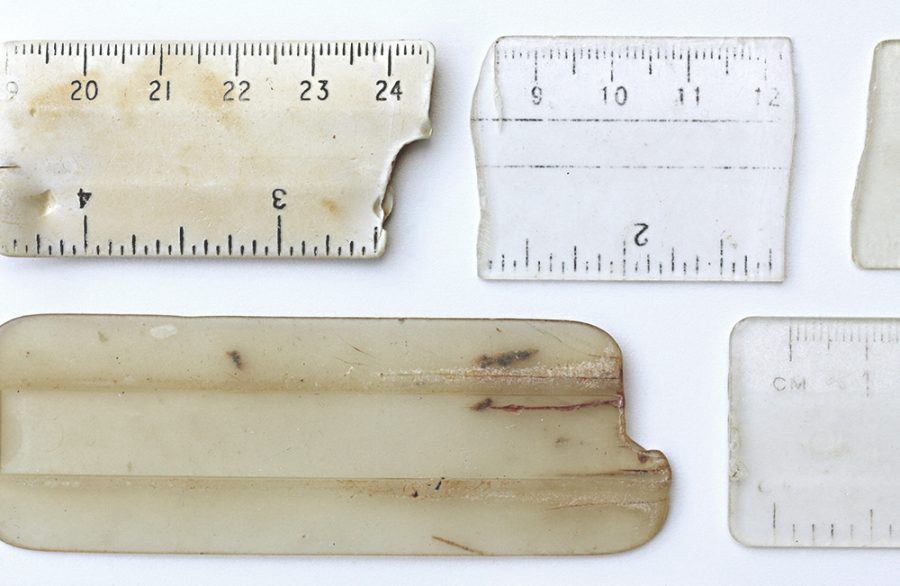
A tale of preprints, publications, and (kind of) open peer review.
scite is a platform that allows anyone to see if a scientific report has been supported or contradicted by subsequent work. Its aim is to make it easier to tell what is fact and what is not.
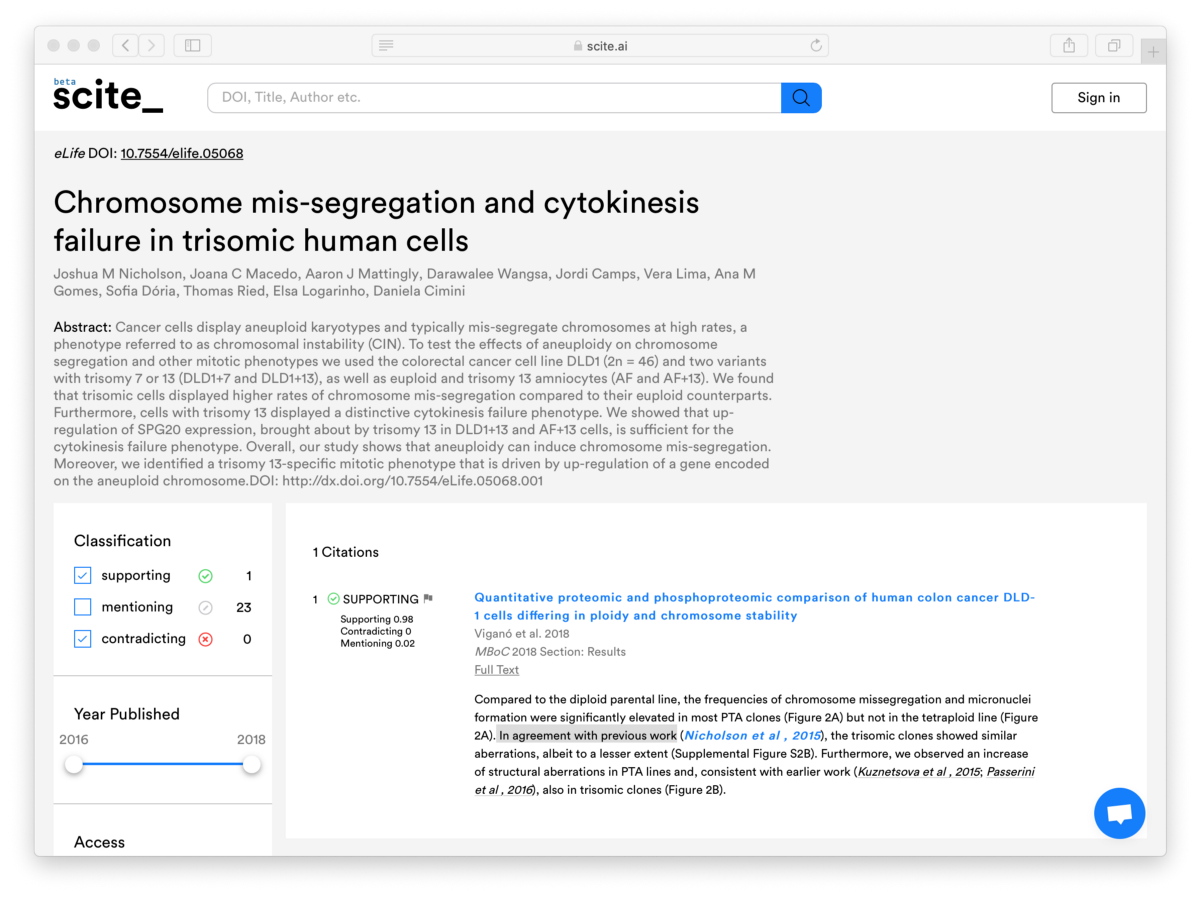
Modern data science requires reproducible and functional work environments, not just ephemeral re-execution for validation.
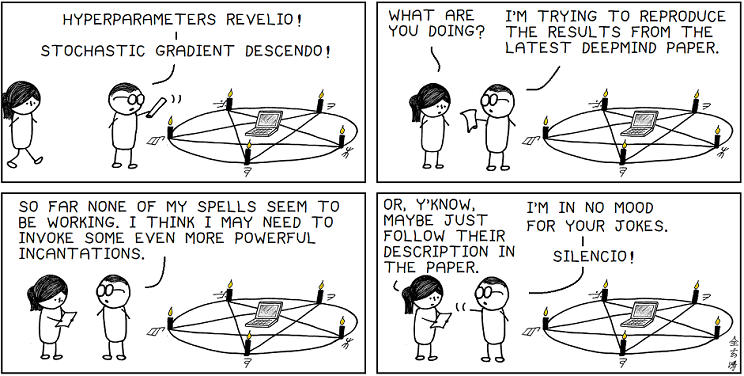
As an early career researcher (ECR), making the transition from the “traditional” way of doing science into methods that are more open, reproducible, and replicable can be a daunting prospect. We know something needs to change about our workflow, but where do we start?
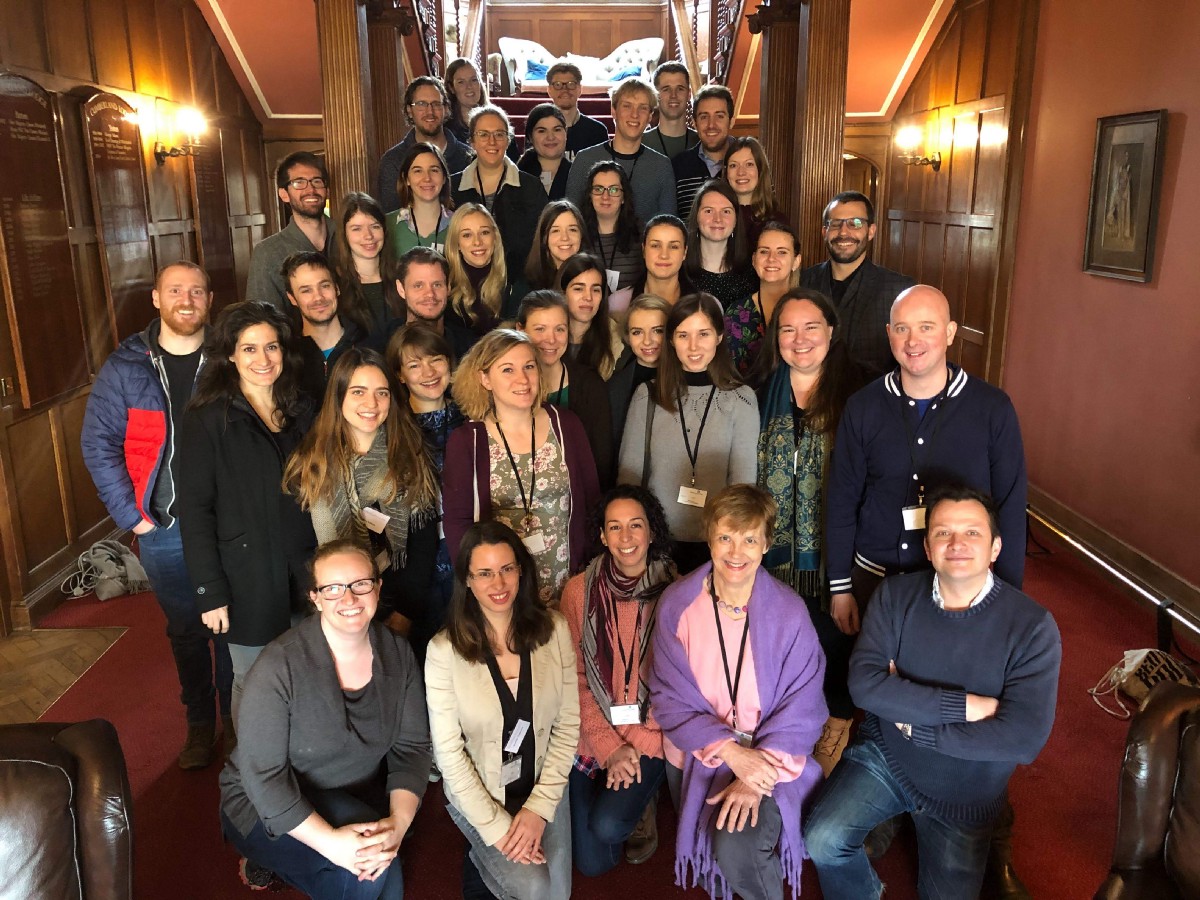
Abigail Cabunoc Mayes from Mozilla Open Leaders offers some answers.
One of the latest creations to emerge from the Research Institute's lab, Apograf is an interactive platform that houses an extensive collection of scientific publications and is building a mechanism for incentivising peer review.
